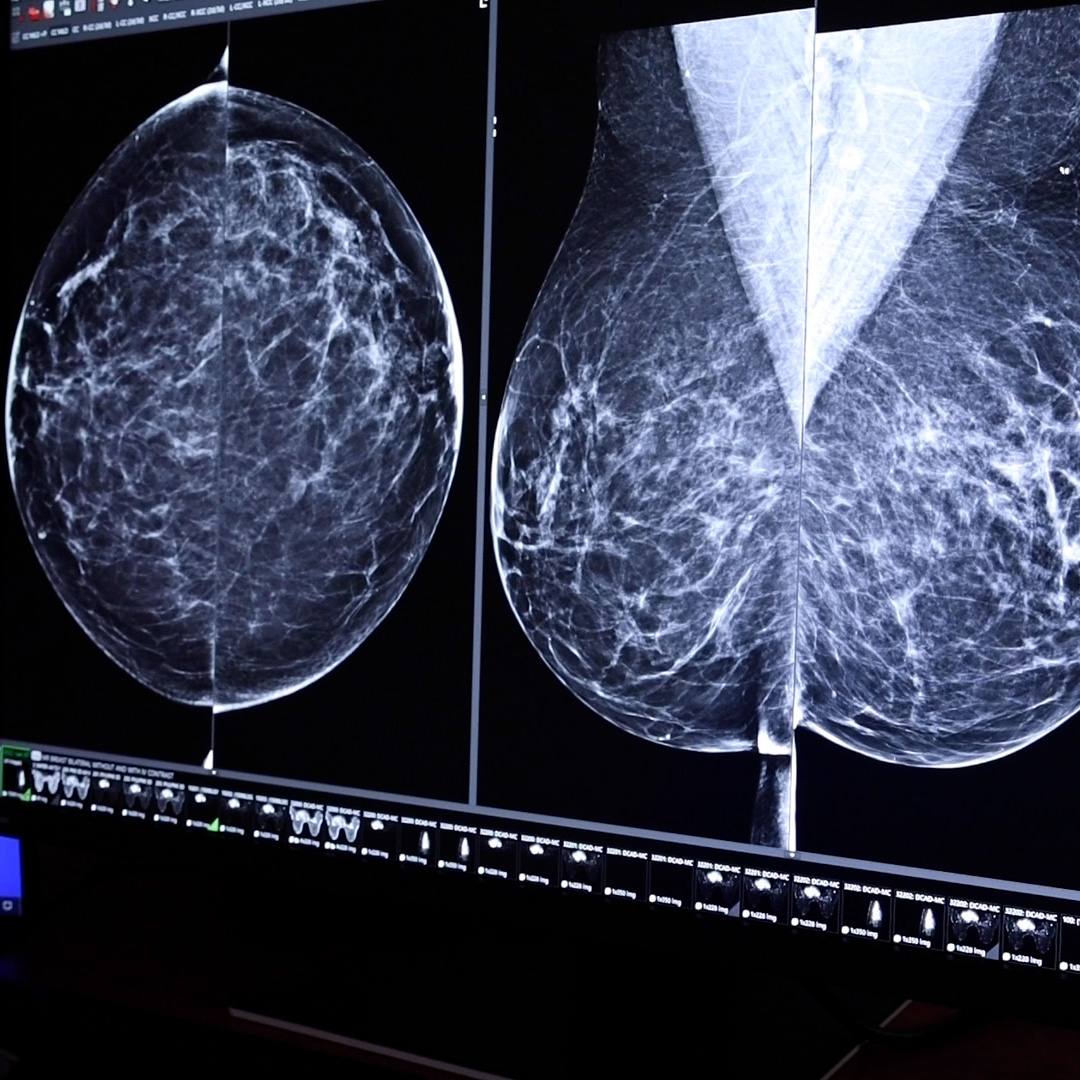-
Mayo Clinic Minute
Mayo Clinic Minute: Do you need more vitamin D in the winter?
Vitamin D is a nutrient your body needs to keep your bones healthy and strong. It also has properties that support your immune system and neuromuscular health.
Dr. Jesse Bracamonte, a Mayo Clinic family medicine physician, says one of the main ways your body gets vitamin D is through direct sunlight on the skin. And during winter in the Northern Hemisphere, that can sometimes be a challenge.
Journalists: Broadcast-quality video (1:01) is in the downloads at the end of this post. Please courtesy: "Mayo Clinic News Network." Read the script.
Winter means the days are shorter and you spend more time indoors where it's warm. But with a lack of sun exposure, are you getting enough vitamin D?
"It comes from the sun in the form of UV light in which your body uses that UV light to help to synthesize, or make, vitamin D," says Dr. Bracamonte.
But, he says, the sun isn't the only source of vitamin D.
"There are many foods that have vitamin D. Foods also are fortified with it, such as cereals, orange juices and milk have vitamin D. If you get enough from your sources, such as even eating fish such as tuna or salmon, that's an adequate source," says Dr. Bracamonte. "In cases where you don't think you're getting enough, a low-dose vitamin D supplement may be beneficial to help the bone health, help your musculoskeletal health and maybe stave off some additional diseases. Low-dose vitamin D is usually in the general multivitamin. That typically suffices."
He says he recommends taking the supplement in the morning with food. And if you're concerned that you're not getting enough vitamin D, ask your clinician for a simple blood test to check your vitamin D levels.







